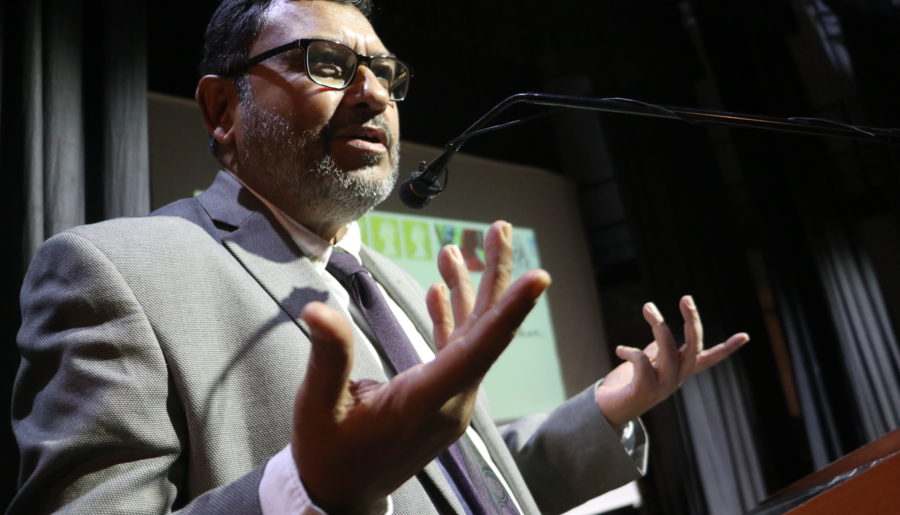It was a pleasant evening in Athens. I was part of a junket hosted by a multi-national insurance company. The
group comprised a few senior journalists from India and one influencer. It was about the days when
Manmohan Singh was still the Prime Minister, Pratibha Patil was President, India won the ICC World Cup and
Greece was going through a difficult debt crisis. The cafés and pubs in Athens were yet full of people cracking
jokes about the state of affairs in the country. With Germany being the richest among the EU nations and the
most vocal about the need to cut down welfare expenditures in Greece, the stories that fueled the most
mirth invariably revolved around how Greece could have sorted the debt crisis if a way of reparation for all
the gold the Third Reich plundered could be worked out.
The influencer in our group would be busy taking down notes of all the conversations that were making the
rounds. Mind you, in those days the word ‘influencer’ was still not as well-known as it is today. In fact, it was
a word that used to be uttered in a context that couldn’t exactly be called flattering. Yet, here was a man who
would be part of a breed that would change its referred context. He was an early bird in the game and he was
still a work in progress then. Every evening, during dinner, he would quietly sit in a corner and hammer away
his ‘content’ for his or somebody else’s blog.
He would write about how the Greeks were coping with the crisis, about the government’s dilemma in
bringing the people around and aligning them with the external pressure of the creditor nations led by
Germany. We, the scribes, were curious. Not so much about how he made his living, which would come
about later, but more about why was he in the group! The answer from the organisers was pat. Globally,
these fellows with digital footprints had greater mindshare than the conventional media! They were
patronising these new breeds for dividends in the future. Their words mattered!
That was in 2010-11. A decade later, digital media in India is now growing over 20 per cent CAGR while
conventional media is struggling to survive. And digital marketing is the thing to do. But let us get back to the
story of the influencer. A pack of journalists out together is a riot. The influencer, therefore, needed his time
as did we to be a pack bigger by one more.
So here were we. A little unexpected rain and us having a monopoly on the bar and offering solutions to all
the problems of the world. The influencer was busy on his laptop. All of a sudden, he shut the lid and, “you
know what? Just because people go to school and learn to write they think they are all writers!”
So we started talking.
— “Yes. Writing is easy! That’s what they think. Yet, we keep struggling while reporting events. Twenty years
into the profession and yet we struggle with our words!”
Instantly, the scribes started cribbing and the influencer was instantly accepted as a brother in the group.
So he had this story to tell. Coming from a well-heeled family he could afford to experiment with his calling.
Educated at premier academic institutes here and abroad he decided to write for others. He thought digital
would be the platform everybody would like to hog. He was early into the game. He thought that the
corporates, used as they were to risk and investment in future, would accept his proposal. Like a lot of things
in life, his proposal was trashed by many a business house. All of them were educated so their
communication staff would handle it. Their logic: all of them were highly educated. And the ability to write is
part of the package called education. Indeed!
So, instead, he reached out to his friends in the USA. And bang! He got a small account. That in no time
spread to include ten. He works solo as getting trained writers was nearly impossible in India. And strangely,
even then he was making a decent packet writing from India as there was an excess demand for such talents
abroad. He also decided to create his own blog and leverage his academic training in finance to reach out to
people who might be interested in personal finance.
This guy was astute. He knew that the demand for content would remain but as his Indian experience
flagged, the market would struggle to discern good content. In a market, where everybody is creating
content, the meaning of the word stops at the design. And instead of the meaning of content embracing the
design of words, it stops at the visual and the technicalities of digital dissemination.
Those in the profession would know that clients look for teams having trained digital media experts. But
when it comes to wordsmiths, well, the story remains as it was before. Any skill needs ages to sharpen. The
more abstract the skill greater might be the learning period. There is one more thing the wordsmiths need.
Aside from the ability to stitch words, they need the education to understand their clients’ thoughts. And
then make that palatable for the audience being targeted. So, in addition, they need to understand the
clients’ mindsets also. As much as others in the game doing different stuff need to know! And then they need
to find the words and stitch them that would be vetted by people who had studied language in school!
The issue here is that while everybody can write, the skill to draw doesn’t come easy! Or, truly, like painting,
writing also is a skill that doesn’t come cheap!
PS! That influencer is a figment of my imagination. But the rest is true.

